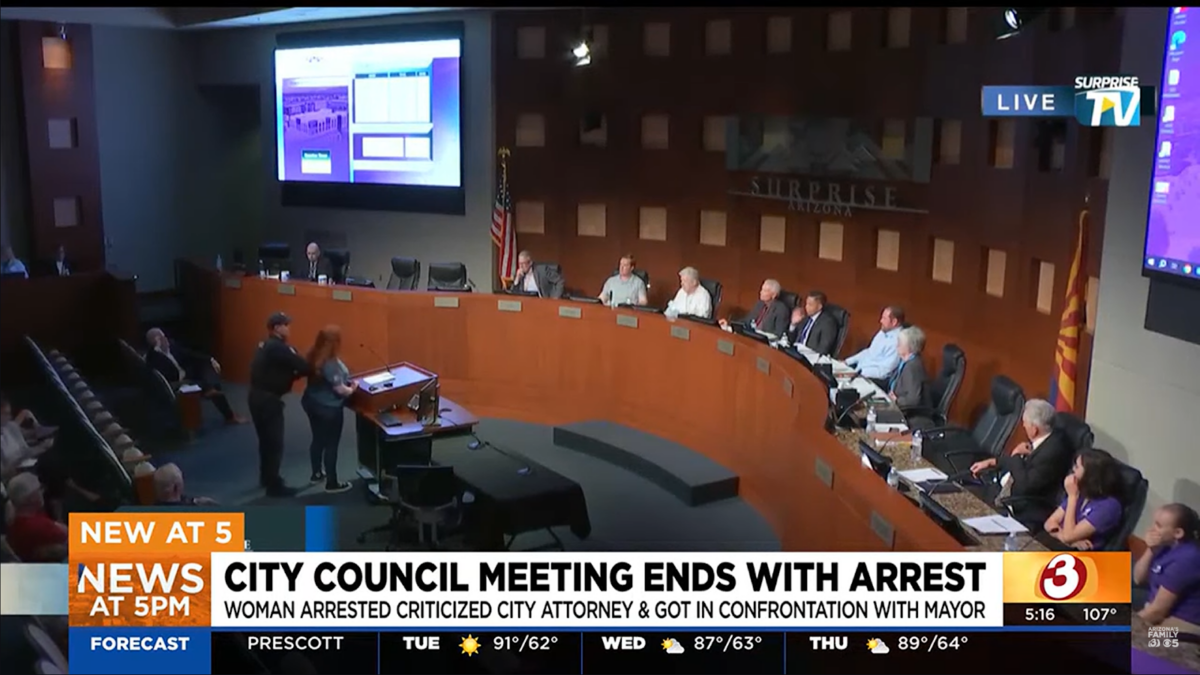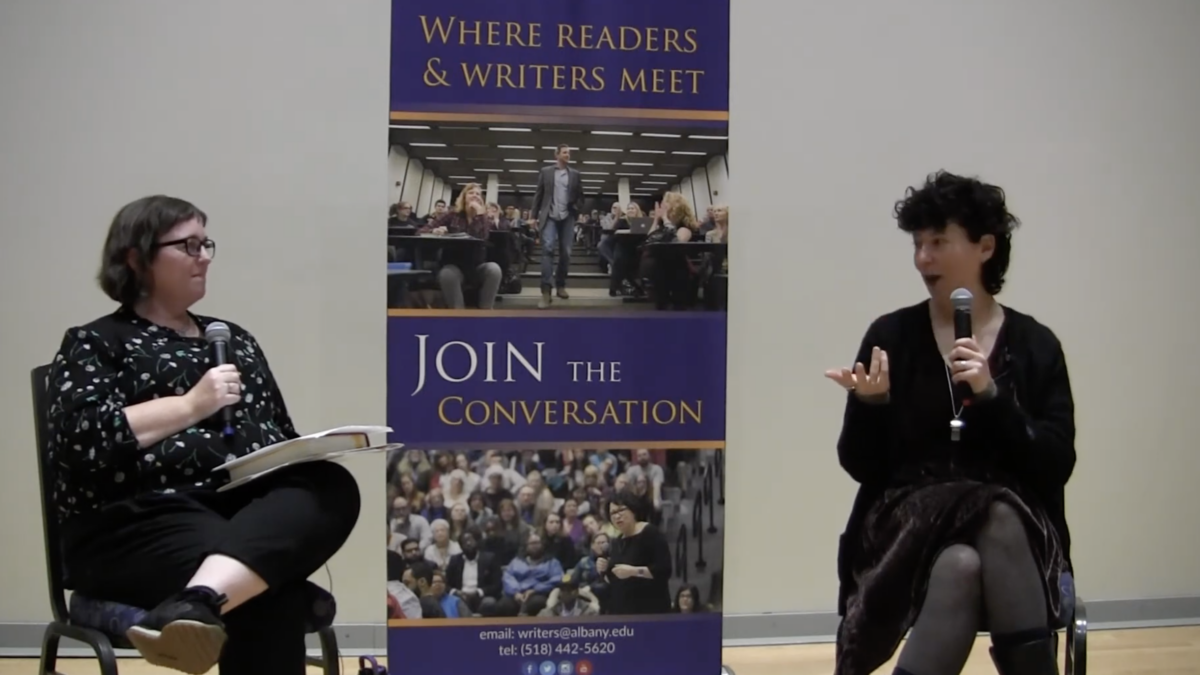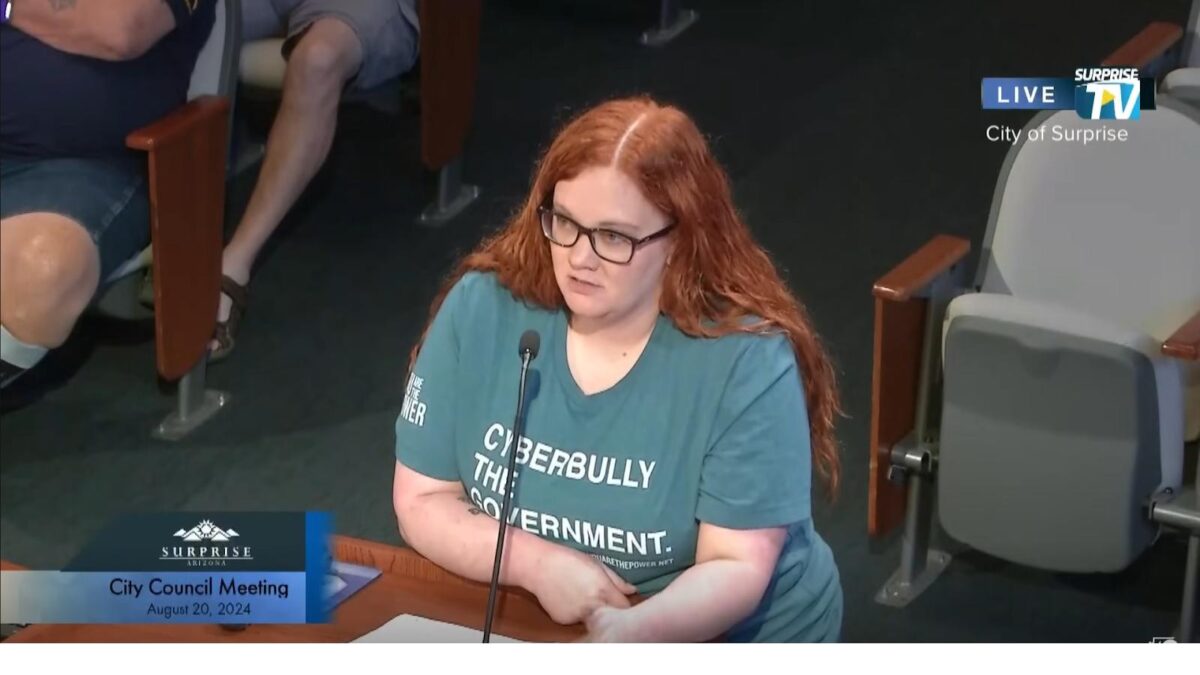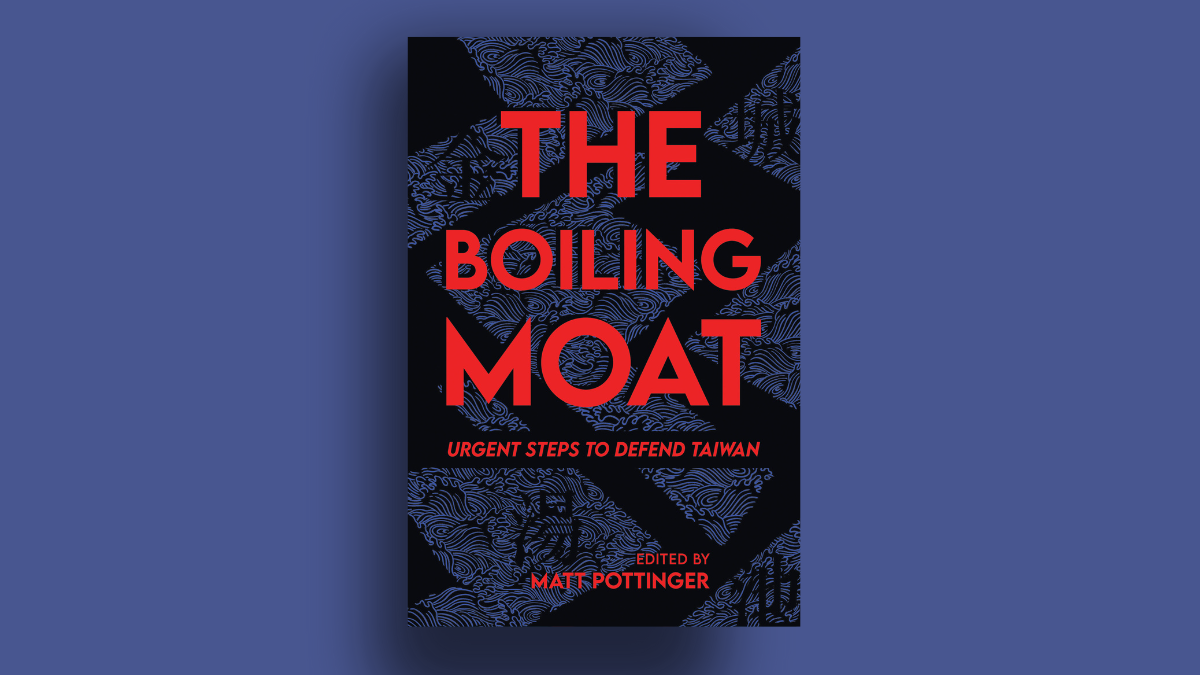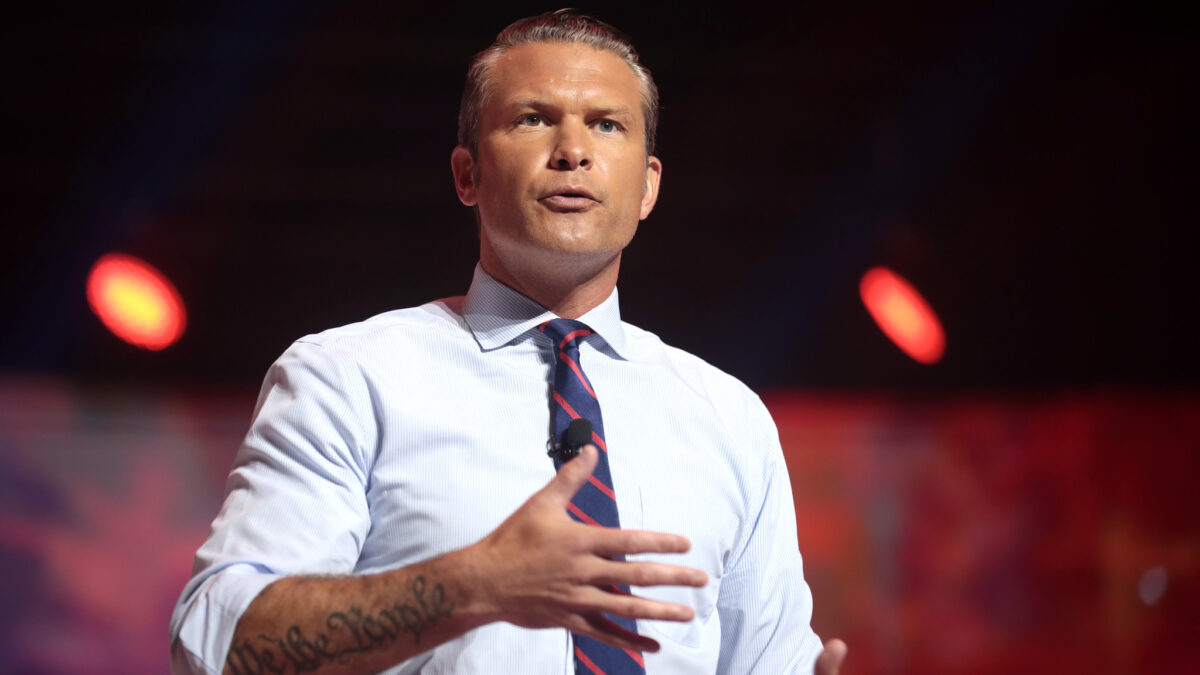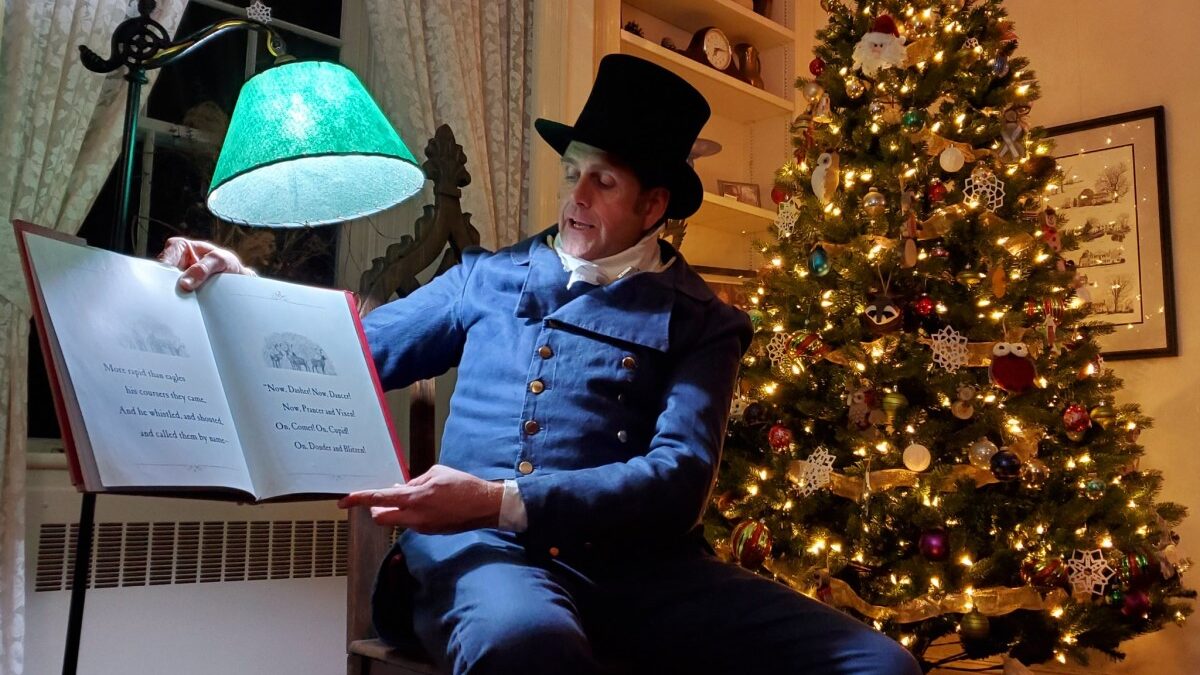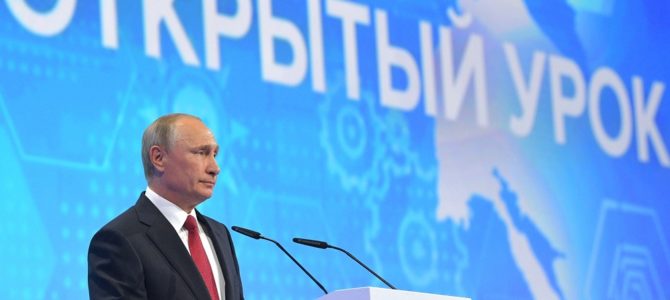
Did Russia commit an act of war by using social media ads to criticize Hillary Clinton during the 2016 presidential campaign? Yes, say a not insignificant number of Trump opponents. To them, Trump’s failure to chant “Russian interference” in unison with his critics amounts to treason.
Let’s stop and think about this before we scramble the jets and start another war. And let’s think about what we’re making illegal before we start throwing people in prison.
Saying “Russia interfered with the election!” is a deliberate conflation between two very different things. Does “interfere” mean that Russia actually interfered with the casting or counting of votes? No. As illustrated below, it means that Russia inserted speech and advocacy into the fray of the dueling 2016 presidential campaigns with the goal of influencing voters.
If Russia committed a criminal act by sponsoring anti-Clinton speech in social media ads during the 2016 campaign, was it also illegal for a foreigner to criticize Donald Trump during the same campaign? Let’s take a deeper dive into one of the “interference” prosecutions currently underway to answer this question.
Let’s Talk about the Prosecution for Social Media Ads
There are two main indictments alleging “interference” in the election. The first is the February 16, 2018 “Russian troll” indictment that you can read here. The second July 13, 2018 indictment charges Russian individuals with stealing emails from the Democratic National Committee and disseminating them to interfere with the election.
Both involve releasing information to influence voters. But let’s set aside the second indictment here to focus on the charges that relate purely to Russian speech and advocacy in the campaign, i.e. the Russian troll case. This is the part of the story about Russian social media messages, not the hacking and release of DNC emails.
The Mueller indictment about the social media ads accuses Russia-based companies Concord and others, and individuals, of defrauding the United States by “obstructing, and defeating the lawful functions of the government through fraud and deceit for the purpose of interfering with the U.S. political and electoral processes.” According to the indictment, Concord “spent significant funds” to “create false U.S. personas, [operate] social media pages and [create] groups designed to attract U.S. audiences.”
Through social media, they “addressed divisive U.S. political and social issues,” while posing as U.S.-based activists. They also “posted derogatory information about a number of candidates,” and in early to mid-2016, they “[supported] the presidential campaign of then-candidate Donald J. Trump and [disparaged] Hillary Clinton.” They made these posts, “without proper regulatory disclosure; failing to register as foreign agents carrying out political activities within the United States.” In other words, Concord is being prosecuted for criticizing Hillary Clinton without first getting the permission of the U.S. government to do so.
Under This Principle, We Should Prosecute England
It might be hard to have sympathy for Russians or take umbrage at the infringement of their speech rights within the United States. But that’s how free speech works. Popular speech doesn’t need protection.
Consider the case of John Oliver, a foreigner who openly interfered in the 2016 election by criticizing one candidate at the expense of another. On this clip, for example, Oliver raises alarm at Trump’s apparent success in the primaries. Through comedy, this foreign agent advocates stopping Trump before, like cancer, he spreads to take over.
Oliver clearly discourages voters from voting for Trump: “Donald Trump can seem appealing until you take a closer look, much like the lunch buffet at a strip club.” Oliver then challenges the honesty of candidate Trump by declaring, “Donald Trump views the truth like this lemur views a Supreme Court vacancy: ‘I don’t care about that in any way, please f-ck off, I have a banana.”
In a separate appearance, Oliver appealed to American voters to turn out to vote against Trump. This second video is no longer viable, but the link contains several quotes that clearly make the point.
If it’s illegal for the Russians to try to persuade American voters to vote against Hillary Clinton, should it be illegal for the British to do the same against Donald Trump? In criticizing candidate Trump, Oliver, a British citizen, aligns with the January 2016 statements emanating from the British Parliament condemning Trump.
Did Oliver make “proper regulatory disclosure,” or “register as a foreign agent carrying out political activities within the United States”? Likely he did not make these “regulatory” disclosures or register with the United States to gain permission to make political speech.
Recently retired Supreme Court Justice Anthony Kennedy once wrote, “If the First Amendment has any force, it prohibits Congress from fining or jailing citizens, or associations of citizens, for simply engaging in political speech.” Oliver may properly invoke the protection of the American First Amendment even though he may not be a citizen. Oliver does not have to ask permission from the U.S. government before criticizing Trump.
But John Oliver Used His Real Name
Oliver uses his real name, however, while the Russians spoke through pseudonyms and fake social media accounts. Should the government be able to regulate and punish speech because it’s done under an assumed or “false” name? Harvard published a profile of such cases on its website.
Since ACLU v. Miller, the government has been trying to punish people for speaking anonymously. The Supreme Court has ruled that the ability to anonymously distribute ideas goes to the core of free speech because it allows persecuted individuals and groups to disseminate their viewpoints. Not only is the speech protected, but so is the anonymity. Indeed, free speech advocates expressed alarm at government attacks on “fake” social media accounts.
Does it matter that the United Kingdom is on friendlier terms with the United States than Russia is? This distinction tends to create a circularity: Russia-collusion boosters characterize Russian-sponsored criticism of Clinton as “election interference” arising to an “act of war,” because it originates from “hostile power.” They argue Russia is “hostile” because of the act of war it committed by “interfering” with the election.
One can draw numerous distinctions between Concord and Oliver, but those distinctions do not change the obvious fact that the prosecution criminalizes criticism of a political candidate—and only one candidate. At the end of the day, we should hear from Oliver during an election.
Free Speech Is Far Better than the Alternative
So the Russians criticized Clinton anonymously. So what? She was a public figure with the power to respond in the marketplace of ideas. It shouldn’t matter whether the speech is from Russia or England. It shouldn’t matter whether it’s pro-Hillary or pro-Donald.
Public figures have access to the media and public relations firms to respond to “fake news,” Russian disinformation, or any other ideas in the free market of ideas. Even if they don’t, there is a spectrum of countervailing media sources, from The New York Times to The Federalist, to challenge false or misleading statements.
Consider also that free speech is not just a protection for the person speaking. As noted by the American Civil Liberties Union, it’s also a protection for the electorate to access and consume a wide range of information in order to make the best-informed decision. From my review of the two Mueller indictments, at no point does he allege that the information disseminated by the Russians was untrue. Mueller’s prosecution will chill foreigners from broadcasting diverging viewpoints into America that might not be available through domestic sources.
Have you ever listened to the BBC for a fresh angle on American politics? I have heard numerous complaints of the echo chamber on both the Right and Left of American media regurgitate talking points. Do we need Mueller to protect us from foreign perspectives on our own politics?
Speech Controls Threaten The Powerless Most
The problem with using the government to punish speech based on its source or content, is that the government will consciously or unconsciously pick winners and losers within the marketplace of ideas based on the political viewpoints of the regulators. Paul Manafort goes to jail awaiting trial for failing to register as a foreign agent, while Clinton ally John Podesta gets immunity after also failing to register his lobbying for exactly the same client.
Hush money for Stormy Daniels results in a private law office being raided, while money for Trump accusers gets a pass. The Internal Revenue Service discriminates against conservative nonprofits but not liberal nonprofits. And, as noted above, the Russians are punished for criticizing Hillary in the same election in which the British bear no consequence for criticizing Trump. Once you agree the government should referee, speech from relatively unpopular or powerless voices will be jeopardized.
Even the best-intentioned regulation of the most odious speech harms freedom. The same amendment that protects Oliver’s right to crack jokes at Trump’s expense also protects Russians, Chinese, Dallas Cowboy fans, Communists, fascists, and The New York Times.
Sometimes the speakers get their facts wrong. Sometimes they lie. There are numerous non-criminal responses to such instances. Giving public figures the power to criminally punish their critics, even if they’re Russian, ought to concern us all—particularly when these prosecutions so obviously skew to protect one candidate but not the other.
We may not like the Russians, but Mueller is blazing a trail that will harm the speech rights of unpopular speakers for years to come. Our own Russia hysteria poses a greater threat to our freedoms than the Russians ever will. After Trump is gone and Mueller has retired, a clever prosecutor might not like what you have to say. You may wish you had spoken up before you became a target.


